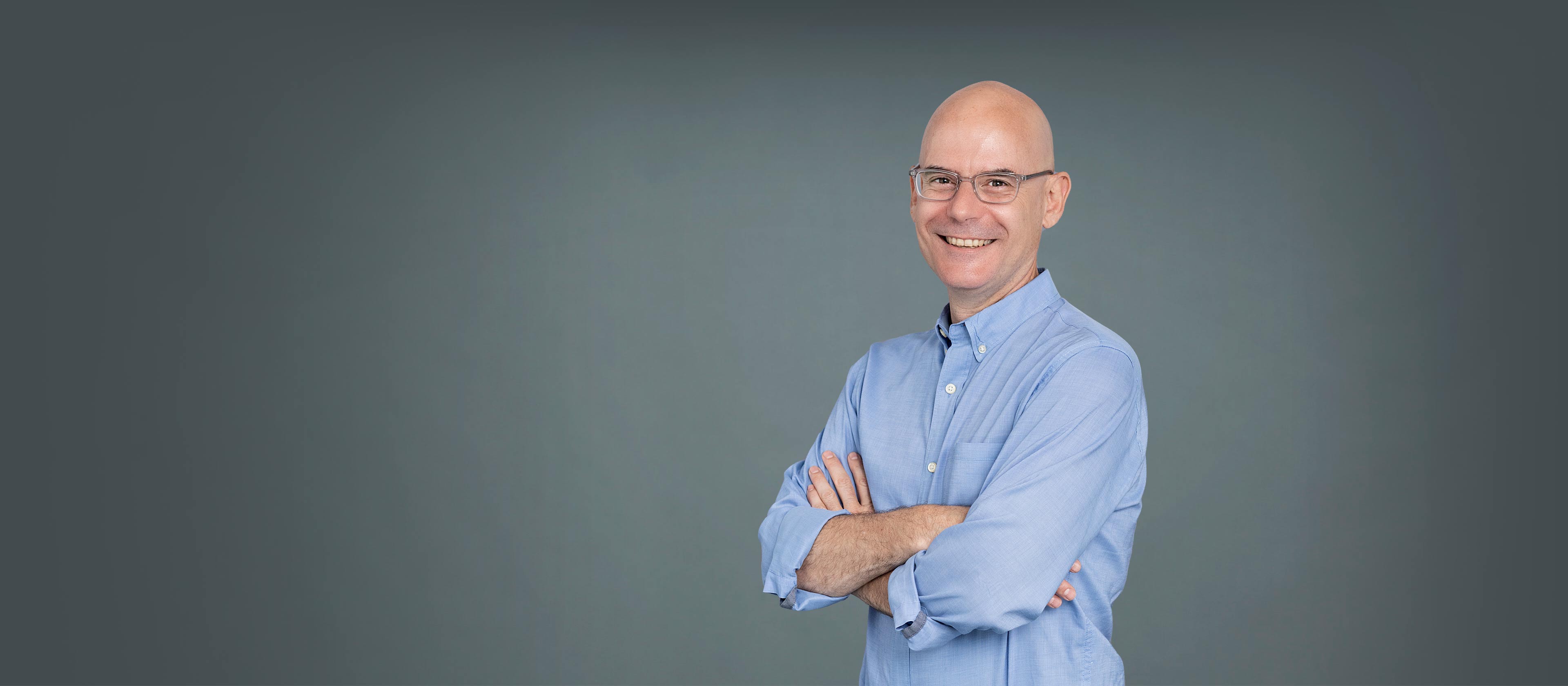Main content

Professor, Department of Cell Biology
Professor, Department of Neuroscience
We are passionate about understanding how cells acquire the functions required by a multicellular organism like the complex human body. We aim to understand how these cells change and develop to a degree that we can control for future clinical applications.
Our research is a blend of different scientific approaches, all working together to deepen our understanding of cell differentiation. We're proud of our ability to combine cutting-edge genomic and tissue culture technologies to answer fundamental questions about how cells change and develop.
We're curious about how DNA sequences can store temporary signals as permanent memories. We're interested in how different transcription factors interact to drive cell differentiation. We're also keen to understand why some neurons are more susceptible to neurodegeneration than others.
We use innovative tools and techniques to study cell differentiation and neuronal physiology at a pace comparable to small invertebrate animals and on a scale associated with yeast. This allows us to study mammalian cell differentiation quickly and on a large scale, while also considering human genetic diversity.
In short, our lab is a place where curiosity meets innovation, all with the goal of better understanding the fascinating world of mammalian cells.
540 First Ave
3FL Research Building
New York, NY 10016
PhD from New York University
Columbia University, Dr. H Wichterle
Science advances. 2025 Nov 28; 11(48):eady5507
Stem cell reports. 2025 Nov 20; 102716
Nature communications. 2025 Oct 23; 16(1):9356
Nature communications. 2025 Jun 25; 16(1):5334
Molecular cell. 2024 Sep 19; 84(18):3406-3422.e6
Science immunology. 2024 Apr 12; 9(94):eadi1023
Cell reports. 2024 Mar 26; 43(3):113885
Nature communications. 2023 Dec 15; 14(1):8362